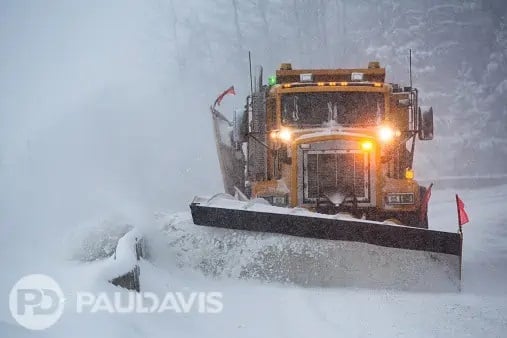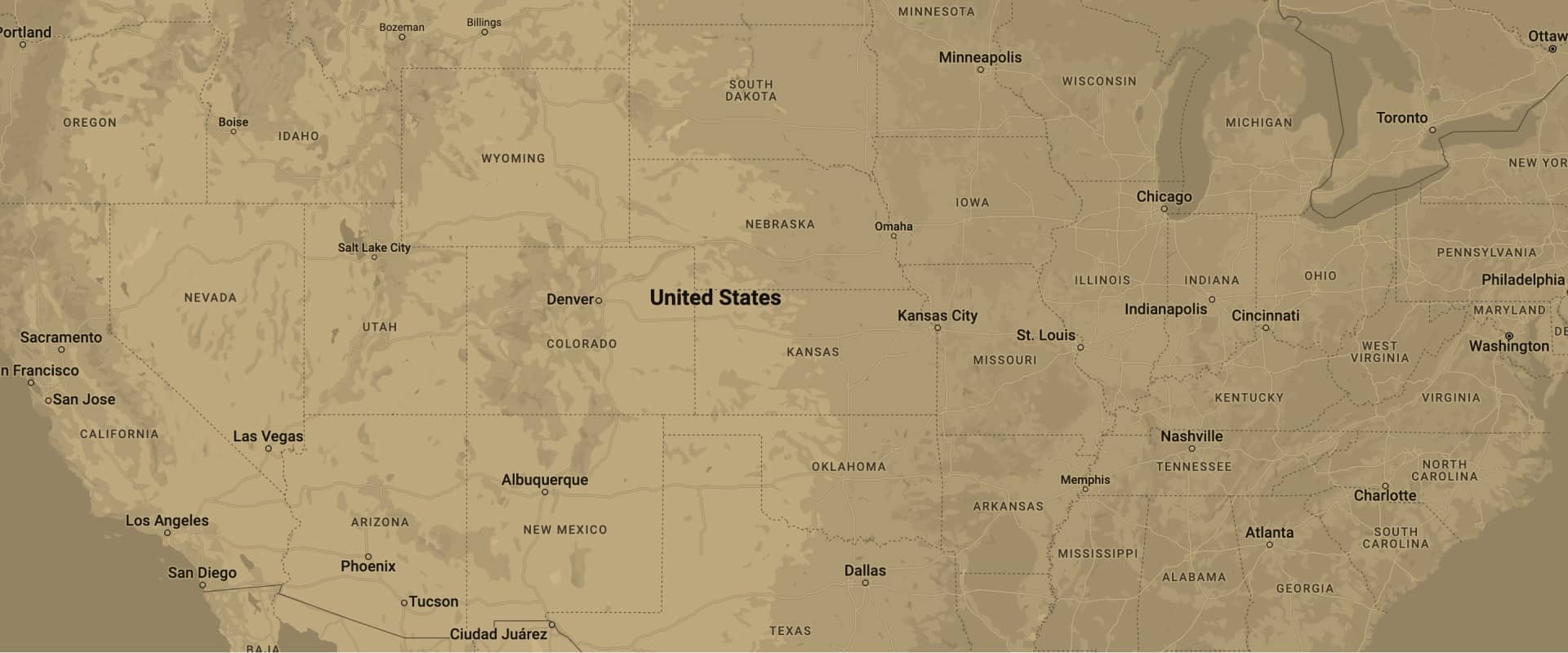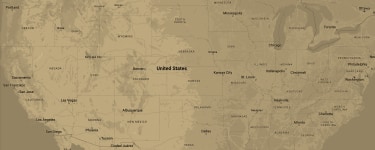
Meteorologists agree that this winter will be colder than the last and they are conveying their concern with terms like “unreasonably cold” and “shivery” and “deeply snowy.” If your business is a ski resort, you’re thrilled with the forecast and anticipating a windfall of profits.
“Most companies, however,” says Caleb Brunz, President of Paul Davis of Greater MSP in St. Paul, Minnesota, “are worried that this winter will be long, brutal and expensive. Prepare now.”
Savvy business owners are battening the hatches in seven important areas:
Evaluating insurance coverage: Check in with your carrier to evaluate if your coverage is adequate to cover threats specific to cold weather such as roof damage from snow accumulation, accidents due to snow and ice, and business interruptions from forced closures.
Maintaining exteriors: Trim trees that could threaten structures if branches break from heavy snow or ice accumulation. Maintain parking lots to avoid expensive repairs from freeze/thaw cycles.
Equipping employees and partners: Ensure that employees know what to do in inclement weather, can work remotely if necessary and are familiar with emergency plans. Check in with suppliers, local officials and other partners to discuss contingency plans.
Assessing building envelopes and systems: Schedule inspections and repairs for roofing, drainage (from roofs and surrounding property), and vital systems like heating and electrical supply. Ensure that plumbing pipes are protected from temperature extremes to prevent bursting.
Contracting for snow/ice removal/treatment: Contract now with landscaping firms to treat and plow paved areas immediately after storms. If not hiring external partners to do these crucial tasks, review your company’s equipment, staffing and training resources.
Evaluating power needs, supply and reliability: As electrical grids continue to experience problems, many property owners are installing standby generators. Consider this step if frequent outages affect your location, your business depends on systems requiring uninterrupted power (freezers, refrigerators, heating for sensitive inventory like plants or animals) or your property is remote (making quick restoration unlikely if widespread electrical outages strike).
Planning communications/responsibilities: Finally, ensure that communications plans are in place to remain connected with your management, workforce, maintenance staff, partners and customers. Establish a hierarchy of responsibilities as well, designating which employee or partner will make decisions and execute specific plans when inclement weather impacts your operations.
“Paul Davis can also step in to develop an Emergency Preparedness Plan for your business,” concludes Brunz. “It’s free and helps you get ready for what looks like a severe winter.”











